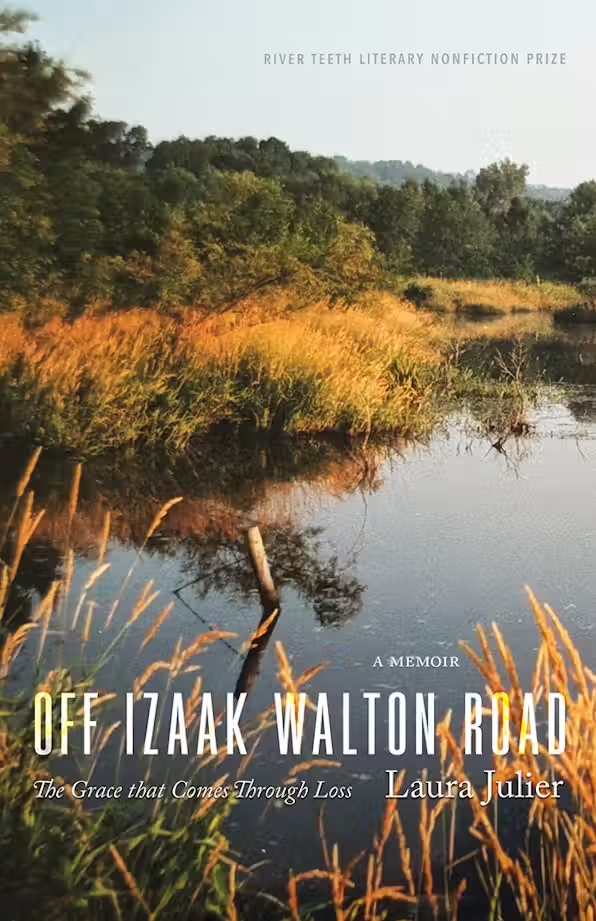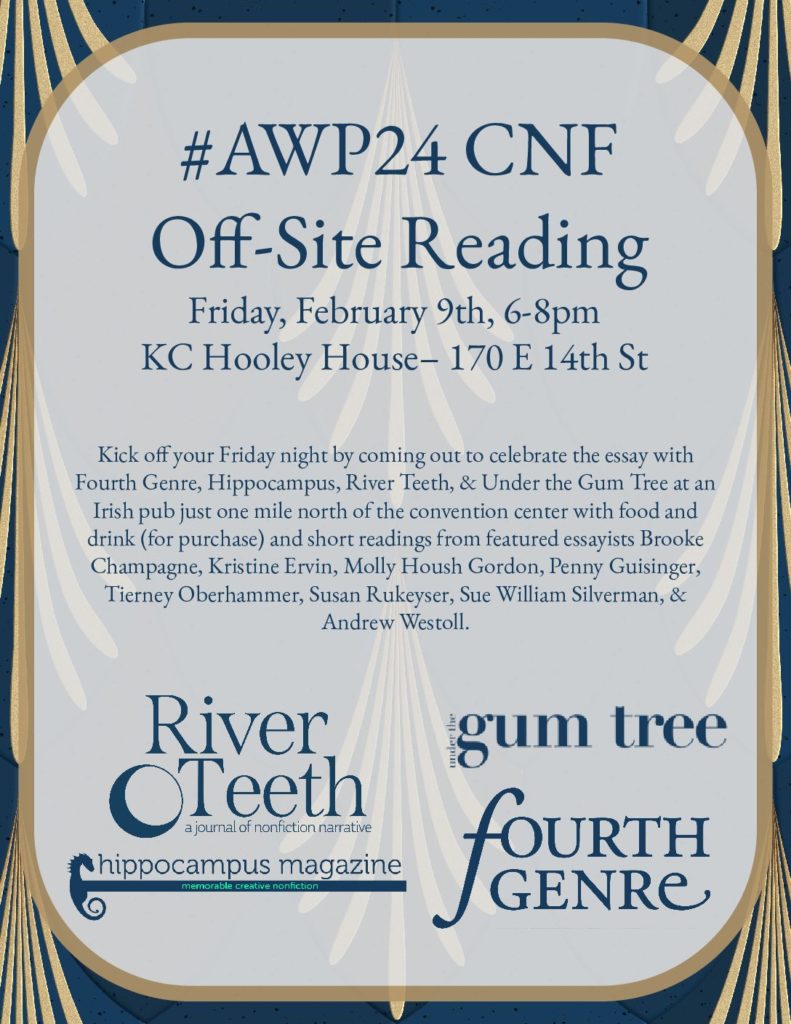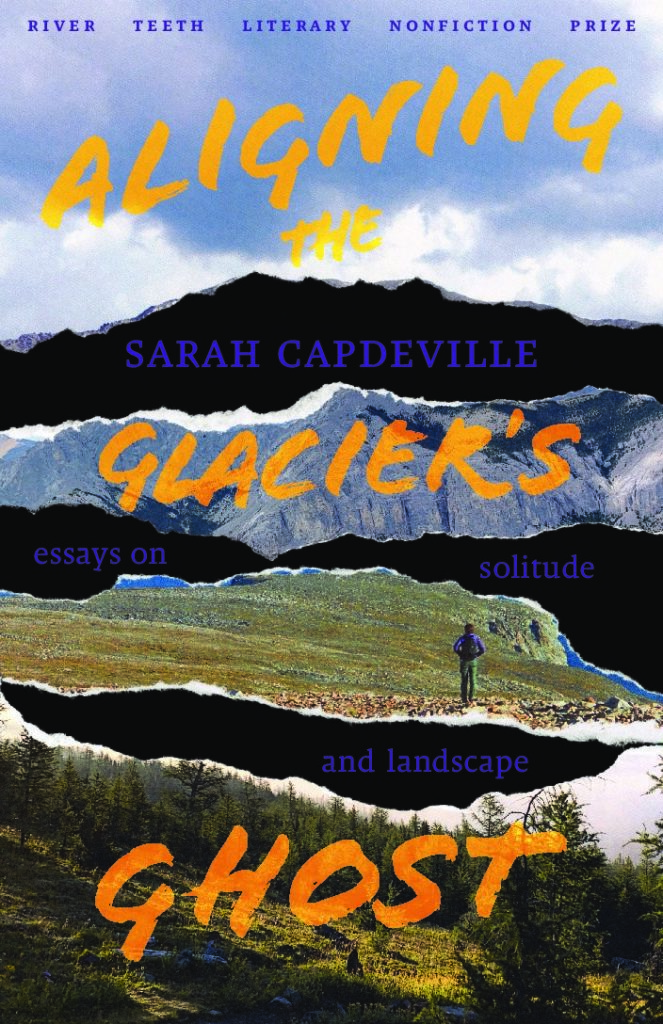By David James Duncan
When an ancient streamside tree finally falls into its bordering river, it drowns as would a human, and begins to disintegrate with surprising speed. On the Northwest streams I know best, the breakdown of even a five-or six-hundred-year-old tree takes only a few decades. Tough as logs are, the grinding of sand, water and ice are relentless; the wood turns punk, grows waterlogged, breaks into filaments, then gray mush; the mush becomes mud, washes downriver, comes to rest in side channels which fill and gradually close; new trees sprout from the fertile muck.
There are, however, parts of every drowned tree that refuse this cycle. There is in every log a series of cross-grained, pitch-hardened masses where branches once joined the tree’s trunk. “Knots,” they’re called in a piece of lumber. But in the bed of a river, where the rest of the tree has been stripped and washed away, these knots take on a very different appearance, and so deserve a different name. “River teeth,” we called them as kids, because that’s what they look like. Like enormous fangs, ending in cross-grained root that once tapped all the way into the tree’s very heartwood.
They’re amazing objects. A river tooth’s pitch content is so high that some, sawed in half, look more like glass than wood. Too dense to float, many collect in deep pools and sandbars, and many more migrate along the river bottom, collecting by the thousand in coastal estuaries. The oldest teeth, after years of being shaped by the river, look like objects intelligently worked, not just worn: sculptures of fantastic mammals, perhaps, or Neolithic hand tools. And they all defy time. I have found spruce river teeth, barnacle-festooned in the estuaries, that have outlasted the tree they came from by centuries.
I’d like to venture a metaphor:
Our present-tense human experience is like a living tree growing by a river. The current in the river is the passing of time. Our individual pasts are like the same tree fallen in the river, drowned now, and disintegrating with surprising speed. We resist time’s flow with our memories and language, with our stories. Our pasts break apart even so. Entire years run together. We try to share a “memorable experience” with a friend and end up arguing about details that don’t jibe. Once key parts of our past become impossible to weave into any kind of narrative; other parts, though we narrate them accurately for decades, become so rote that they cause our listener’s eyes to glaze. So we stop telling. We let the filaments of memory wash downriver. The past decomposes. New life, and new stories, sprout from the fertile silence.
There are, however, small parts of every past that resist this cycle: there are hard, cross-grained whorls of human experience that remain inexplicably lodged in us, long after the straight-grained narrative material that housed them has washed away. Most of these whorls are not stories, exactly: more often they’re self-contained images of shock or of inordinate empathy; moments of violence, uncaught dishonesty, tomfoolery; of mystical terror; lust; joy. These are our “river teeth”-the knots of experience that once tapped into our heartwood, and now defy the passing of time.
Almost everyone, I believe, owns scores of these experiences. Yet, perhaps because they lack a traditional narrative’s beginning, middle and end, I hear few people speak of them. I resist this hesitancy. Fossils; arrowheads; adobe ruins; abandoned homesteads: from the Parthenon to the Bo Tree to a grown man or woman’s old stuffed bear, what moves us about many objects is not what remains but what has vanished. Let go of what can’t be saved. Honor what can. Share with us your river teeth.











